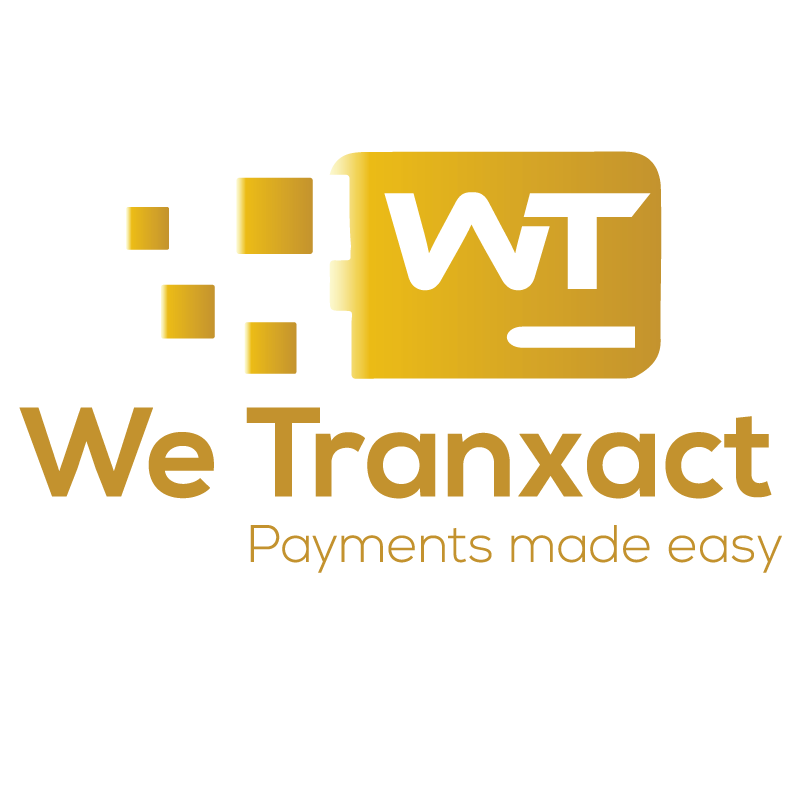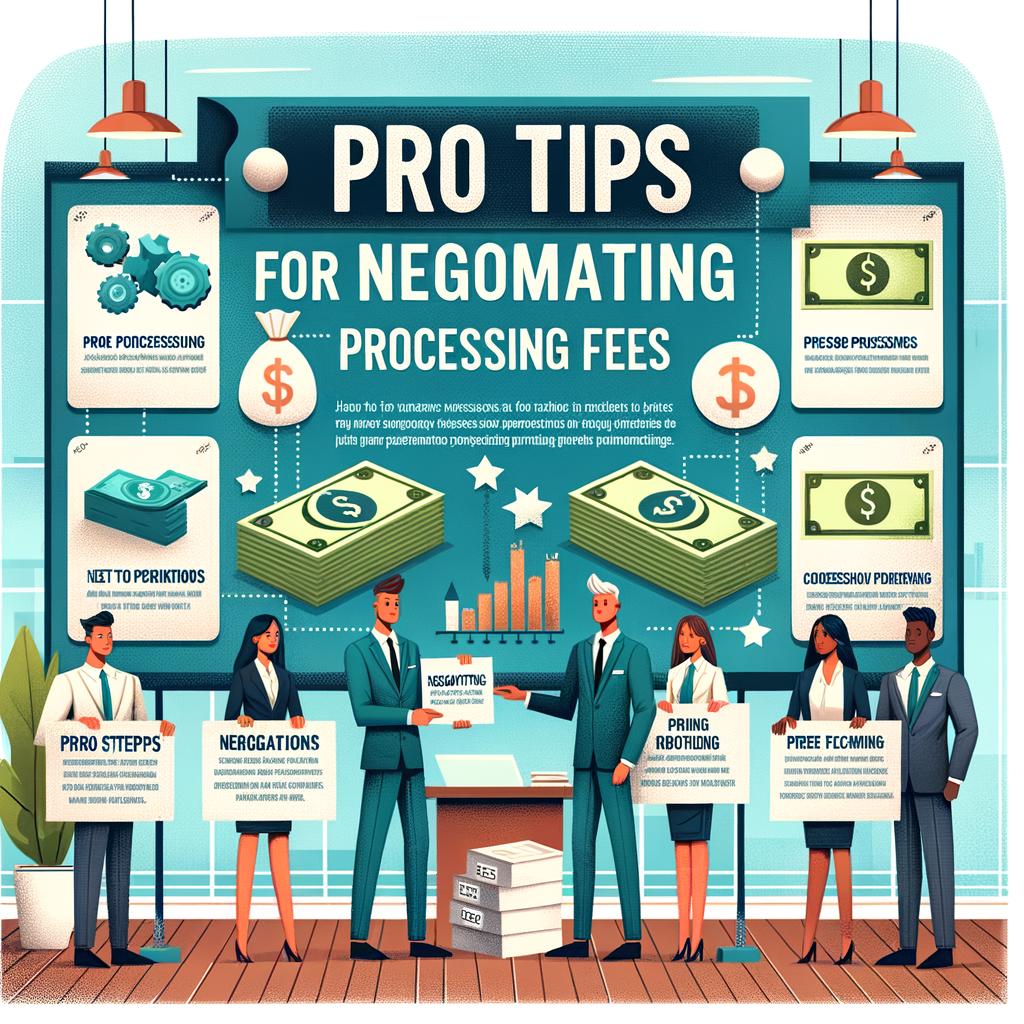Decoding the Complex World of Card Processing Fees
Ever wonder why you’re shelling out so much cash in card processing fees? Brace yourself for a deep dive into the murky waters of financial jargon and hidden charges. From interchange fees to chargebacks, we’re decoding the complex world of card processing fees so you can finally understand where your hard-earned money is really going. So grab a cup of coffee, settle in, and get ready to unravel the mysteries of the payment processing industry.
Breaking Down the Basics of Card Processing Fees
Understanding the intricacies of card processing fees can feel like navigating a maze of confusion. However, breaking down these fees into digestible pieces can help demystify the process for business owners. One key factor to consider is interchange fees, which are set by credit card companies and are a non-negotiable cost of accepting card payments.
Merchant service provider fees are another layer of the card processing puzzle. These fees vary between providers and can include account maintenance fees, transaction fees, and statement fees. By comparing different providers and understanding their fee structures, businesses can make informed decisions to minimize costs and maximize profits. Utilizing tools like **payment processing software** can also help streamline the payment process and potentially reduce fees.
Unraveling the Mystery Behind Interchange Fees
Have you ever wondered how your credit card transactions are processed? It’s a complex world out there, with many different fees and charges that go into each transaction. One of the most mysterious aspects of card processing fees is the interchange fee, which is a fee charged by the card networks for using their payment infrastructure. Understanding how these fees work can help you make more informed decisions about your payment processing.
Interchange fees can vary depending on many factors, such as the type of card used, the merchant’s industry, and the size of the transaction. These fees are typically split between the card-issuing bank and the merchant’s payment processor. To unravel the mystery behind interchange fees, it’s important to understand how they impact your business’s bottom line. By understanding these fees, you can better negotiate with your payment processor and potentially save money on each transaction. So next time you swipe your card, remember that there’s more than meets the eye when it comes to card processing fees.
Navigating the Landscape of Markup Fees
When it comes to processing credit card payments, can feel like trying to solve a complex puzzle. Understanding the various fees that are tacked on to each transaction can be overwhelming, but with a little knowledge and know-how, you can decode the mysteries of card processing fees.
One key fee to be aware of is the interchange fee, which is set by the card networks and paid to the cardholder’s bank. Another fee to watch out for is the assessment fee, which is charged by the card networks for each transaction. On top of these base fees, processors often add on their own markup fees, which can include monthly fees, batch fees, and statement fees. Navigating the world of markup fees requires careful attention to detail and a willingness to negotiate with your processor to ensure you’re getting the best deal possible.
Pro Tips for Negotiating Lower Processing Fees
When it comes to negotiating lower processing fees for your card transactions, there are a few pro tips that can help you navigate through the complex world of fees. First and foremost, it’s important to understand the different types of fees that may be included in your processing statement. These can vary from interchange fees, assessment fees, and processor markup fees. By understanding each type of fee, you can better identify areas where you may be able to negotiate for lower rates.
Another pro tip for negotiating lower processing fees is to shop around and compare rates from different processors. Don’t be afraid to negotiate with your current processor or even consider switching to a new provider if you find a better rate elsewhere. Remember, you have the power to negotiate and it’s in the best interest of processors to keep your business. By being informed, proactive, and willing to negotiate, you can potentially save your business money on processing fees in the long run.
In Summary
So there you have it, folks! Navigating the maze of card processing fees can seem like a daunting task, but armed with the knowledge to decode the complexities, you can now approach it with confidence and clarity. Remember, understanding the ins and outs of these fees is key to saving your business money and ensuring smooth transactions. Here’s to simplifying the complex world of card processing fees and making the most of your hard-earned dollars! Happy processing!






